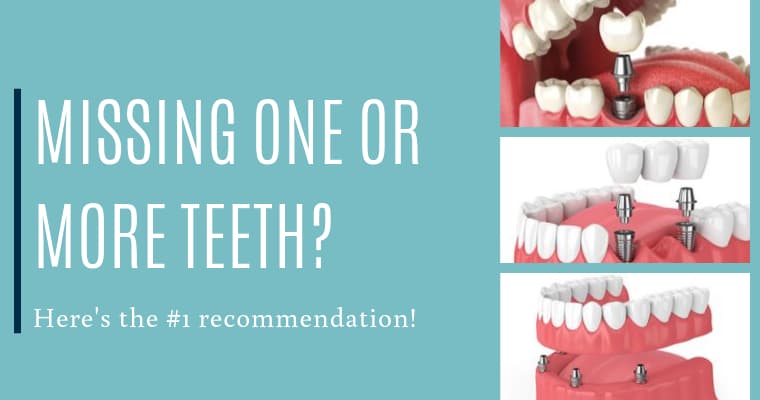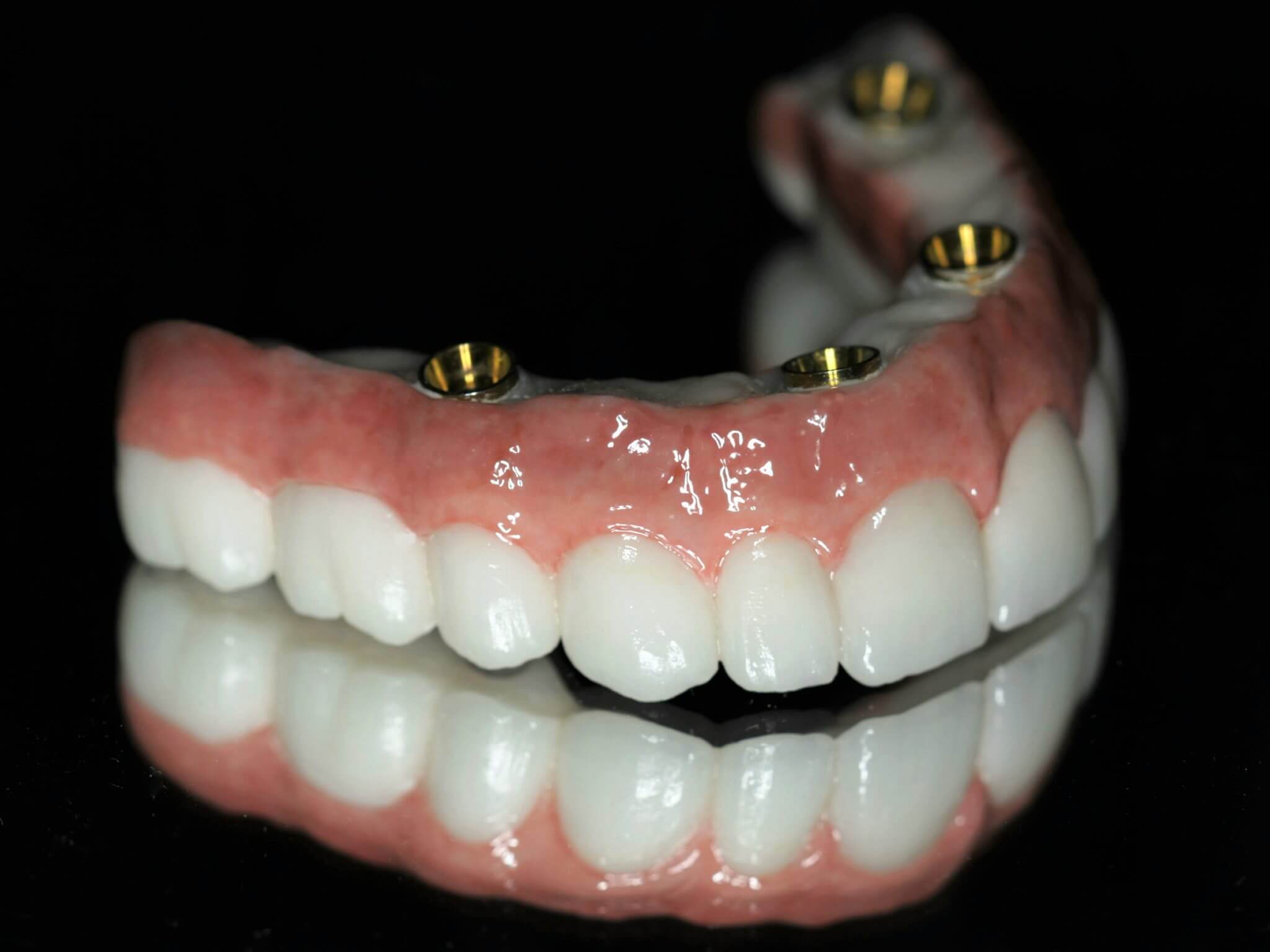Little Known Facts About Dental Sense.
Little Known Facts About Dental Sense.
Blog Article
The 7-Minute Rule for Dental Sense
Table of ContentsFacts About Dental Sense UncoveredExcitement About Dental SenseFacts About Dental Sense UncoveredHow Dental Sense can Save You Time, Stress, and Money.
are medical gadgets operatively dental implanted into the jaw to restore a person's capacity to eat or their appearance. They provide support for synthetic (fake) teeth, such as crowns, bridges, or dentures. When a tooth is lost due to injury or condition, an individual can experience difficulties such as fast bone loss, defective speech, or changes to eating patterns that lead to discomfort.Oral dental implant systems consist of a dental implant body and dental implant joint and may likewise include an abutment addiction screw. Cosmetic dentistry services. The oral implant body is operatively placed in the jawbone instead of the tooth's root. The dental implant joint is generally connected to the implant body by the abutment fixation screw and prolongs via gum tissues into the mouth to sustain the attached man-made teeth
(https://dentalsense1.start.page)Structure of The Oral Implant System choosing oral implants, speak with your dental company concerning the possible benefits and threats, and whether you are a prospect for the procedure. Points to think about: Your general wellness is an essential aspect in figuring out whether you are a great candidate for dental implants, for how long it will certainly take to heal, and how long the dental implant may remain in area.
Smoking cigarettes might impact the healing procedure and decrease the long-lasting success of the implant. The recovery procedure for the dental implant body might take numerous months or longer, throughout which time you typically have a short-lived joint in location of the tooth. the dental implant procedure: Very carefully follow the dental health directions provided to you by your oral copyright.
The Basic Principles Of Dental Sense
Implant failing can lead to the need for an additional surgery to deal with or replace the dental implant system. Restores the ability to eat Restores cosmetic appearance Aids keep the jawbone from reducing due to bone loss Protects the health and wellness of the bordering bone and gums Helps keep nearby (neighboring) teeth stable Enhances lifestyle Damages to surrounding natural teeth throughout implant placement Injury to the surrounding tissues throughout surgical procedure, such as sinus opening Injury during surgery (for instance, crack of bordering jawbone) Poor function, such as really feeling like the teeth do not bite together usually A sensation that the tooth hangs or twisting in position resulting from a joint screw loosening up Implant body failure (looseness of the dental implant body) as a result of systemic infection, which might be much more most likely in individuals with unrestrained diabetes mellitus because of regional infection in bone and periodontals supporting the implant body due to postponed recovery, which might be most likely in individuals that smoke Trouble cleansing the gum tissues around the implant, resulting in poor oral hygiene Untreated periodontal illness Post-surgical tingling as a result of nerve impingement or damages Always inform healthcare carriers and imaging specialists that you have oral implants before any type of magnetic vibration imaging (MRI) or x-ray treatments.
FDA is not familiar with any type of negative occasions reported for MRI or x-ray procedures with dental implants. Dental implants systems are normally made of materials that comply with worldwide agreement requirements of the International Organization for Standardization (ISO) or ASTM International. These criteria have information of what makes a risk-free material.

An oral implant is a framework that replaces a missing tooth. With screw-like tools, the specialist inserts a dental implant right into the jawbone, and it acts as a support for an artificial tooth, called a crown. A gadget called a joint connects the synthetic tooth to the oral implant. The crown is custom-made to fit the person's mouth and match the color of their teeth.
The smart Trick of Dental Sense That Nobody is Talking About
Some people are not eligible for dental implant surgical treatment. It is for dental surgeons to run on individuals with: intense illnessuncontrollable metabolic diseasebone or soft cells condition or infectionIf these concerns are resolved, a person can have the surgical treatment. In, dental cosmetic surgeons avoid running on individuals with: If individuals with any of the above go through dental implant surgical treatment, there is a over at this website higher risk of the implant falling short.

Oral implant surgical procedure is an individualized procedure. It's not the very same for everyone. The following provides a general introduction of what you can anticipate your dental practitioner, dental cosmetic surgeon, periodontist or prosthodontist to do: Put the implant surgically. Give you time to heal. Attach the article and last crown, bridge or denture.
Next off, your cosmetic surgeon will meticulously position the oral implant into your jaw. Your specialist will certainly reposition your periodontals and close the incision with stitches. If your implant is near the front of your mouth, your dental professional will certainly make a short-lived tooth for you to put on up until you heal. By doing this, you will not have a space in your smile while you recover.
Fascination About Dental Sense
Throughout the recovery stage, your jawbone must fuse to the dental implant. This procedure can take anywhere from 3 to nine months.
Once your dental implant heals, your dental practitioner can connect the joint (tiny port article) and your last repair (crown, bridge or denture). This usually takes about one hour to finish and might require a 2nd small surgery. You should not feel any kind of discomfort throughout your dental implant procedure since your service provider will certainly utilize medication to numb your periodontals.
Report this page